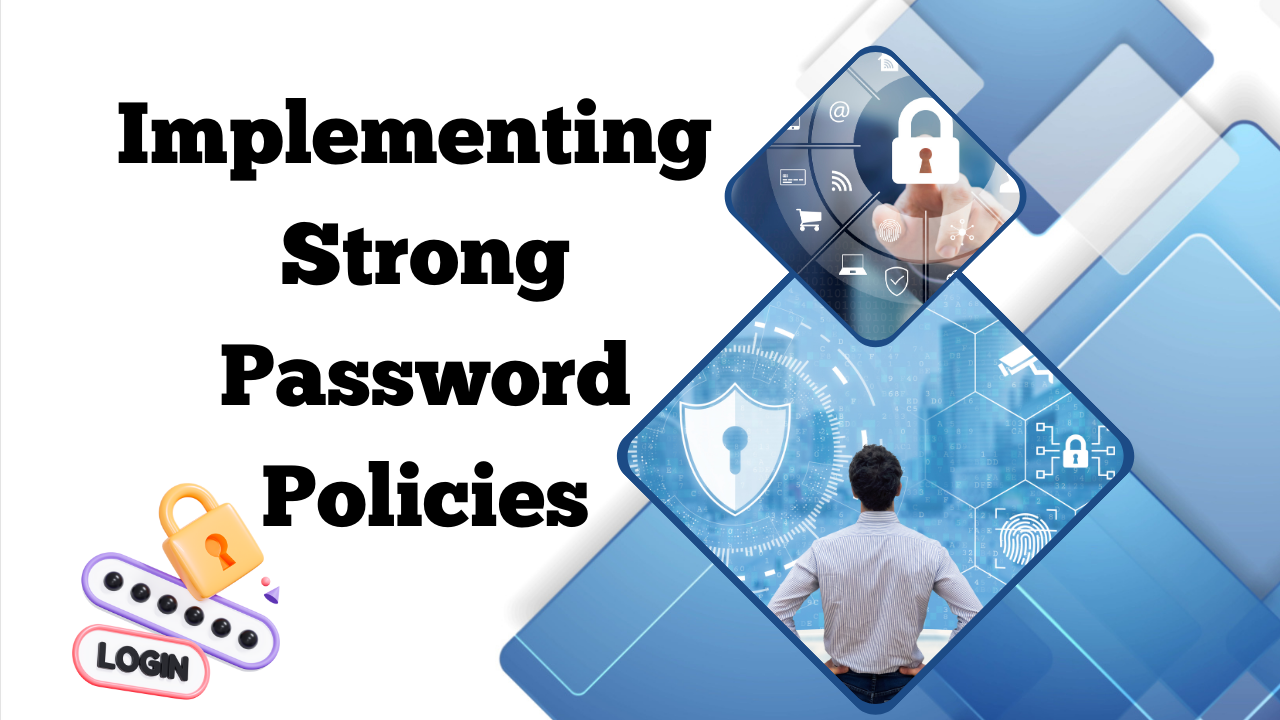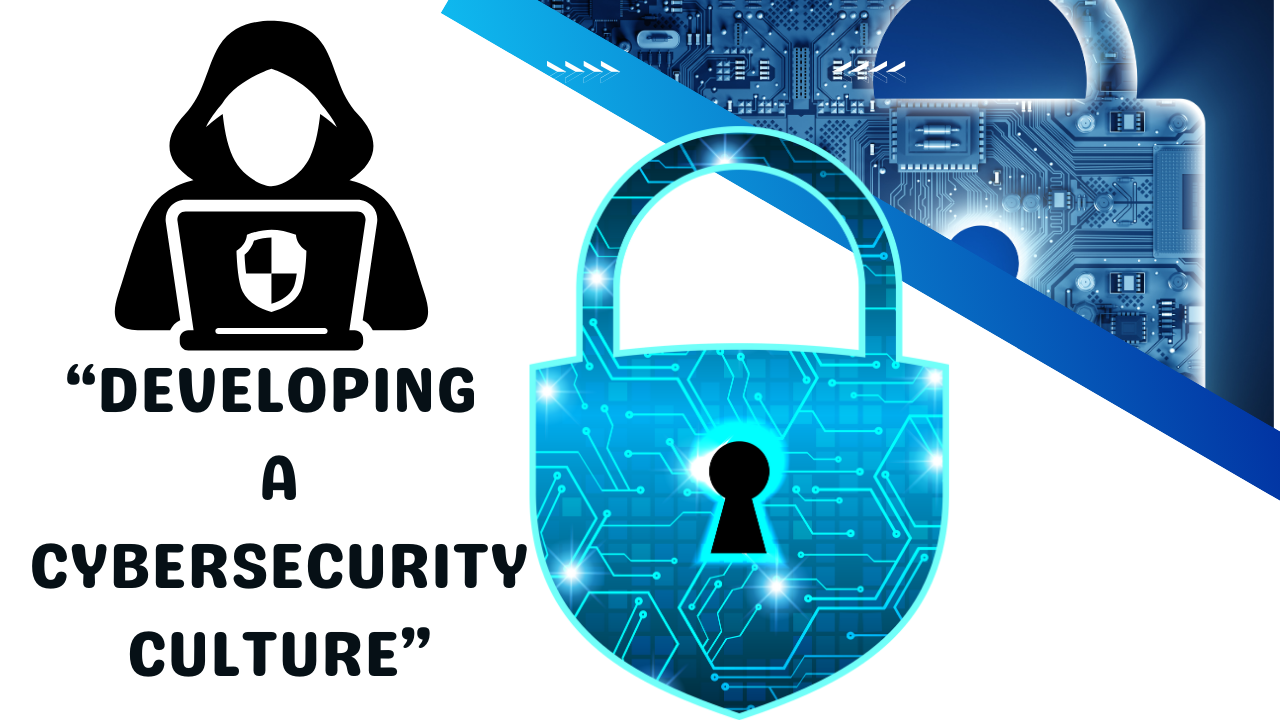In an increasingly digital world, small businesses are becoming prime targets for cybercriminals. With the rise of ransomware attacks, phishing scams, and data breaches, protecting sensitive data is no longer just an option—it’s a necessity. Small businesses often lack the resources and expertise of larger corporations, making them vulnerable to cyber threats. This article outlines essential cybersecurity strategies that small businesses can implement to safeguard their data and maintain their reputation.
Understanding the Cybersecurity Landscape
The Rise of Cyber Threats
The digital age has brought numerous advantages, including improved communication and access to global markets. However, it has also given rise to a variety of cyber threats. According to the Cybersecurity and Infrastructure Security Agency (CISA), small businesses accounted for nearly 43% of cyberattacks in 2020. This alarming statistic highlights the need for robust cybersecurity measures tailored to the unique needs of smaller organizations.
Common Types of Cyber Threats
Before diving into cybersecurity strategies, it’s essential to understand the types of threats that small businesses face:
- Phishing Attacks: Cybercriminals use deceptive emails or messages to trick employees into providing sensitive information or downloading malicious software.
- Ransomware: This malicious software encrypts data, rendering it inaccessible until a ransom is paid.
- Data Breaches: Unauthorized access to sensitive data can result from weak passwords, unsecured networks, or employee negligence.
- Insider Threats: Employees with malicious intent or those who inadvertently compromise security can pose significant risks.
Conducting a Risk Assessment
Identifying Vulnerabilities
The first step in creating a strong cybersecurity framework is to conduct a thorough risk assessment. This involves identifying potential vulnerabilities within your systems, networks, and processes. Small businesses should evaluate the following areas:
- Network Security: Assess firewalls, routers, and other network devices for weaknesses.
- Data Storage: Examine how and where sensitive data is stored.
- Employee Practices: Identify areas where employees may inadvertently compromise security, such as weak passwords or lack of training.
b. Evaluating the Impact of Threats
Once vulnerabilities are identified, assess the potential impact of various cyber threats. Consider the following questions:
- What data would be most damaging if compromised?
- How would a data breach affect your business operations and reputation?
- What financial implications could arise from a cyberattack?
Implementing Strong Password Policies
The Importance of Strong Passwords
Weak passwords are one of the most common vulnerabilities in cybersecurity. According to a study by the University of Maryland, a hacker attacks every 39 seconds on average, often exploiting weak passwords.
Password Management Best Practices
To strengthen password security, small businesses should implement the following best practices:
- Complex Passwords: Encourage employees to use complex passwords that include uppercase and lowercase letters, numbers, and special characters.
- Password Managers: Consider using password management tools that generate and store strong, unique passwords for each account.
- Regular Updates: Require employees to change passwords regularly, ideally every three to six months.
- Two-Factor Authentication (2FA): Implement 2FA to add an extra layer of security. This requires users to provide two forms of identification before accessing accounts.
Training Employees on Cybersecurity Awareness
The Human Element of Cybersecurity
Employees often represent the first line of defense against cyber threats. According to a report by Verizon, 30% of data breaches involve internal actors. Therefore, it’s crucial to equip employees with the knowledge and skills necessary to identify and respond to cyber threats.
Cybersecurity Training Programs
Small businesses should implement regular cybersecurity training programs that cover the following topics:
- Recognizing Phishing Scams: Educate employees on how to identify suspicious emails and messages.
- Safe Internet Practices: Encourage employees to avoid using unsecured networks and downloading unknown software.
- Reporting Incidents: Establish clear procedures for reporting suspected cyber incidents, ensuring that employees know who to contact.
Keeping Software and Systems Updated
The Risks of Outdated Software
Outdated software and systems are a significant vulnerability for small businesses. Cybercriminals often exploit known vulnerabilities in software that has not been updated.
Regular Updates and Patch Management
To protect against cyber threats, small businesses should:
- Implement Automatic Updates: Enable automatic updates for operating systems, applications, and antivirus software to ensure that the latest security patches are applied.
- Regularly Audit Software: Conduct periodic audits of all software and systems to ensure they are up-to-date and that unused applications are removed.
Securing Network Infrastructure
The Importance of a Secure Network
A secure network is essential for protecting sensitive data. Insecure networks can expose businesses to various threats, including unauthorized access and data breaches.
Best Practices for Network Security
To enhance network security, small businesses should consider the following measures:
- Firewalls: Install firewalls to monitor incoming and outgoing network traffic and block unauthorized access.
- Encryption: Implement encryption protocols to protect sensitive data during transmission, especially for remote workforces.
- Virtual Private Networks (VPNs): Use VPNs to secure remote connections, ensuring that data remains encrypted and private.
Data Backup and Recovery Plans
The Importance of Data Backups
Data loss can occur for various reasons, including cyberattacks, hardware failures, or natural disasters. Having a robust data backup strategy is essential for ensuring business continuity.
Best Practices for Data Backup
Small businesses should implement the following best practices for data backup:
- Regular Backups: Schedule regular backups of critical data, ideally daily or weekly, depending on the business’s needs.
- Off-Site Storage: Store backups off-site or in the cloud to ensure data recovery in case of a physical disaster at the main location.
- Test Recovery Procedures: Regularly test data recovery procedures to ensure that backups can be restored quickly and effectively when needed.
Implementing Access Controls
The Role of Access Controls in Cybersecurity
Access controls help ensure that only authorized personnel can access sensitive data and systems. Implementing robust access control measures is vital for minimizing the risk of data breaches.
Best Practices for Access Control
To enhance access control, small businesses should:
- Role-Based Access Control (RBAC): Implement RBAC to ensure that employees have access only to the data and systems necessary for their roles.
- Regularly Review Access Permissions: Periodically review access permissions to ensure they align with current employee roles and responsibilities.
- Log and Monitor Access: Maintain logs of access to sensitive data and regularly monitor them for unusual or unauthorized activity.
Working with Cybersecurity Professionals
The Benefits of Professional Cybersecurity Support
While small businesses can implement many cybersecurity strategies independently, working with cybersecurity professionals can provide valuable expertise and resources.
Types of Cybersecurity Services
Consider the following services when seeking professional cybersecurity support:
- Security Audits: Cybersecurity experts can conduct thorough audits of your systems and processes to identify vulnerabilities and recommend improvements.
- Incident Response Plans: Professionals can help develop and implement incident response plans to ensure a quick and effective response to cyber incidents.
- Ongoing Training: Cybersecurity firms can provide ongoing training for employees to keep them informed of the latest threats and best practices.
Developing a Cybersecurity Culture
The Importance of a Cybersecurity Culture
Creating a culture of cybersecurity within the organization is crucial for ensuring that all employees prioritize data protection. When cybersecurity is seen as a shared responsibility, employees are more likely to adopt safe practices.
Encouraging Cybersecurity Awareness
To foster a cybersecurity culture, small businesses can:
- Lead by Example: Leadership should demonstrate a commitment to cybersecurity by following best practices and prioritizing data protection.
- Regular Communication: Share updates and information about cybersecurity threats and best practices through newsletters, meetings, or intranet platforms.
- Recognize Good Practices: Encourage and reward employees for adopting safe cybersecurity practices, reinforcing the importance of vigilance.
Conclusion
In an era where cyber threats are constantly evolving, small businesses must take proactive measures to protect their data. By implementing essential cybersecurity strategies—such as conducting risk assessments, training employees, securing networks, and developing a strong cybersecurity culture—small businesses can significantly reduce their vulnerability to cyberattacks. While the journey toward robust cybersecurity may require time and resources, the investment is essential for safeguarding sensitive data and ensuring the long-term success of the organization.
FAQs
What is the most common cybersecurity threat for small businesses?
Phishing attacks are among the most common threats, where cybercriminals trick employees into providing sensitive information.
How often should small businesses update their cybersecurity protocols?
Cybersecurity protocols should be reviewed and updated regularly, ideally at least annually, or when significant changes occur within the organization.
What should a small business do if it experiences a data breach?
Immediately notify relevant stakeholders, assess the extent of the breach, secure affected systems, and report the incident to appropriate authorities.
Is it necessary for small businesses to invest in cybersecurity insurance?
Cybersecurity insurance can provide financial protection in the event of a data breach or cyberattack, making it a wise investment for small businesses.
Can small businesses afford to implement strong cybersecurity measures?
While there may be upfront costs, the long-term benefits of protecting sensitive data and maintaining a good reputation far outweigh the potential financial losses from a cyberattack.
